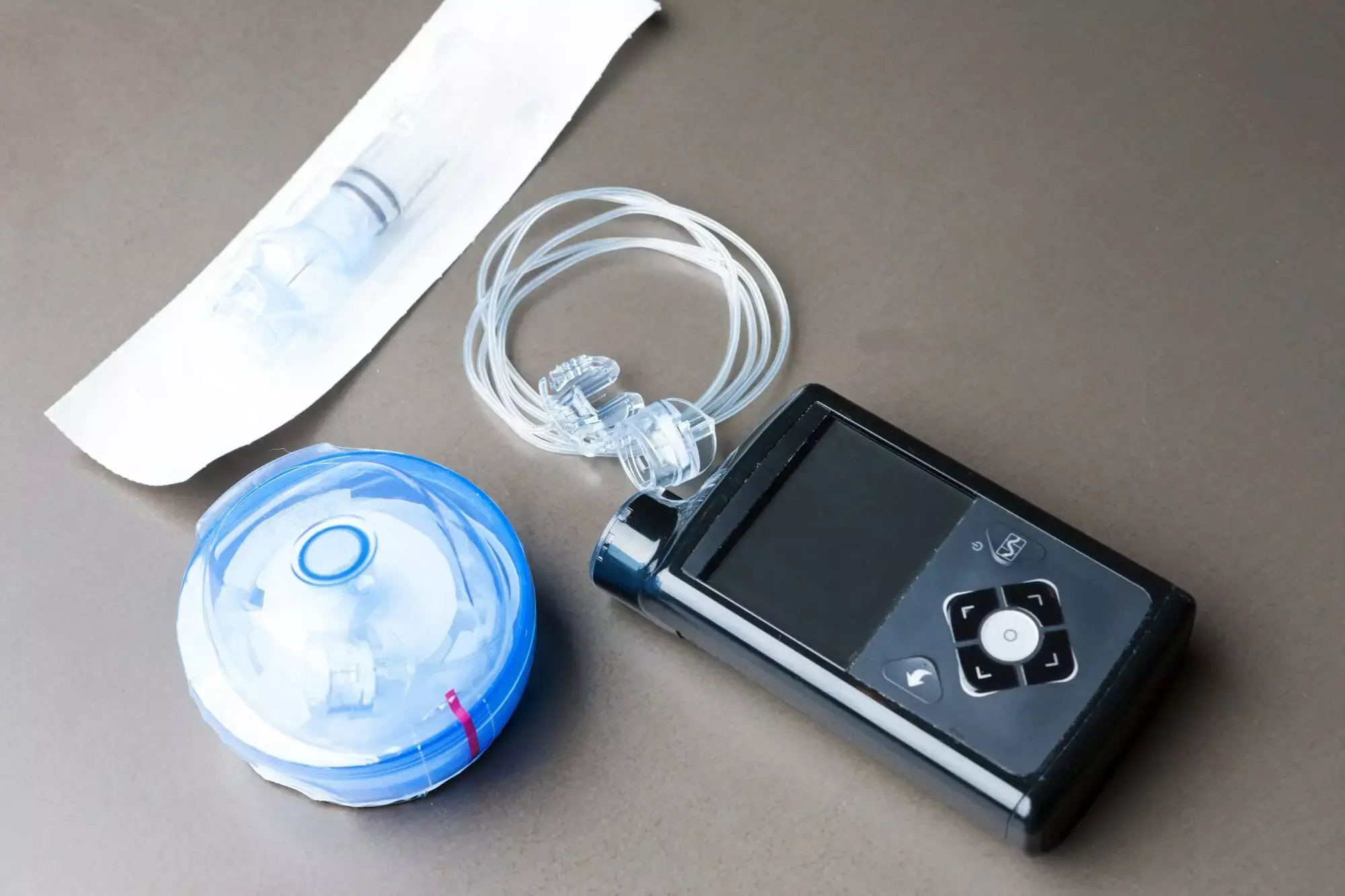- Home
- Medical news & Guidelines
- Anesthesiology
- Cardiology and CTVS
- Critical Care
- Dentistry
- Dermatology
- Diabetes and Endocrinology
- ENT
- Gastroenterology
- Medicine
- Nephrology
- Neurology
- Obstretics-Gynaecology
- Oncology
- Ophthalmology
- Orthopaedics
- Pediatrics-Neonatology
- Psychiatry
- Pulmonology
- Radiology
- Surgery
- Urology
- Laboratory Medicine
- Diet
- Nursing
- Paramedical
- Physiotherapy
- Health news
- Fact Check
- Bone Health Fact Check
- Brain Health Fact Check
- Cancer Related Fact Check
- Child Care Fact Check
- Dental and oral health fact check
- Diabetes and metabolic health fact check
- Diet and Nutrition Fact Check
- Eye and ENT Care Fact Check
- Fitness fact check
- Gut health fact check
- Heart health fact check
- Kidney health fact check
- Medical education fact check
- Men's health fact check
- Respiratory fact check
- Skin and hair care fact check
- Vaccine and Immunization fact check
- Women's health fact check
- AYUSH
- State News
- Andaman and Nicobar Islands
- Andhra Pradesh
- Arunachal Pradesh
- Assam
- Bihar
- Chandigarh
- Chattisgarh
- Dadra and Nagar Haveli
- Daman and Diu
- Delhi
- Goa
- Gujarat
- Haryana
- Himachal Pradesh
- Jammu & Kashmir
- Jharkhand
- Karnataka
- Kerala
- Ladakh
- Lakshadweep
- Madhya Pradesh
- Maharashtra
- Manipur
- Meghalaya
- Mizoram
- Nagaland
- Odisha
- Puducherry
- Punjab
- Rajasthan
- Sikkim
- Tamil Nadu
- Telangana
- Tripura
- Uttar Pradesh
- Uttrakhand
- West Bengal
- Medical Education
- Industry
Home insulin pump use safe for hospitalized children with diabetes without active ketoacidosis

Home insulin pump use is safe for hospitalised children with diabetes without active ketoacidosis suggests a new study published in the JAMA Netw Open.
Pediatric data on inpatient home insulin pumps are absent in the literature. Understanding safety of home insulin pumps, managed by patients or caregivers, during times of illness will help diabetes technology securely move into pediatric hospitals. A study was done to examine whether insulin can be safely and accurately delivered to hospitalized children through home insulin pumps when managed by patients or caregivers. This single-center, retrospective, observational cohort study included children with insulin-dependent diabetes admitted to a tertiary children’s hospital from January 1, 2016, to December 31, 2021. In all these patients, diabetes was the primary or secondary diagnosis on admission. Hyperglycemia (glucose, >250 mg/dL) and hypoglycemia (glucose, <45 mg/dL) rates (quantified as the proportion of total insulin-days), glucose variability, and diabetic ketoacidosis (DKA) recurrences were compared for hospital pumps (manual mode), home pumps (manual mode), and subcutaneous injections using bivariate tests. Results There were 18 096 insulin-days among 2738 patients aged 0.5 to 25 years (median age, 15.8 years [IQR, 12.3-18.3 years]).
Overall, 990 (5.5%) of insulin-days involved hospital insulin pumps, and 775 (4.3%) involved home pumps. A total of 155 insulin-days (15.7%) involving hospital pumps were hyperglycemic, compared with 209 (27.0%) involving home pumps and 7374 (45.2%) involving injections (P < .001). Moderate hypoglycemia days comprised 31 insulin-days (3.1%) involving hospital pumps compared with 35 (4.5%) involving home pumps and 830 (5.1%) involving injections (P = .02). Severe hypoglycemia did not differ significantly according to insulin delivery method. Two patients using injections (0.01%) developed DKA; no patients using hospital or home pumps developed DKA. In this cohort study, home insulin pump use was found to be safe in a children’s hospital regarding hyperglycemia and hypoglycemia. These data support use of home insulin pumps during pediatric admissions in patients who do not require intensive care and without active DKA.
Reference:
Owens J, Courter J, Schuler CL, Lawrence M, Hornung L, Lawson S. Home Insulin Pump Use in Hospitalized Children With Type 1 Diabetes. JAMA Netw Open. 2024;7(2):e2354595. doi:10.1001/jamanetworkopen.2023.54595
Dr. Shravani Dali has completed her BDS from Pravara institute of medical sciences, loni. Following which she extensively worked in the healthcare sector for 2+ years. She has been actively involved in writing blogs in field of health and wellness. Currently she is pursuing her Masters of public health-health administration from Tata institute of social sciences. She can be contacted at editorial@medicaldialogues.in.
Dr Kamal Kant Kohli-MBBS, DTCD- a chest specialist with more than 30 years of practice and a flair for writing clinical articles, Dr Kamal Kant Kohli joined Medical Dialogues as a Chief Editor of Medical News. Besides writing articles, as an editor, he proofreads and verifies all the medical content published on Medical Dialogues including those coming from journals, studies,medical conferences,guidelines etc. Email: drkohli@medicaldialogues.in. Contact no. 011-43720751


